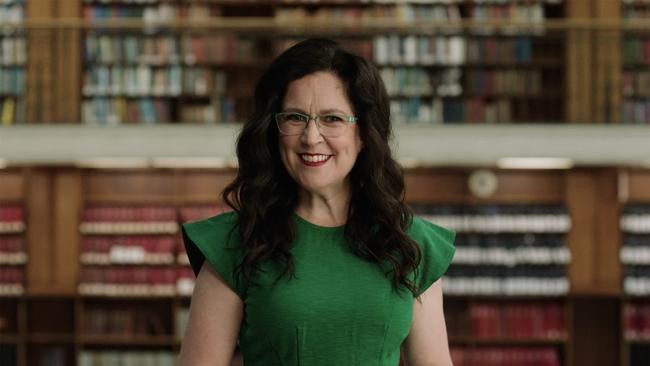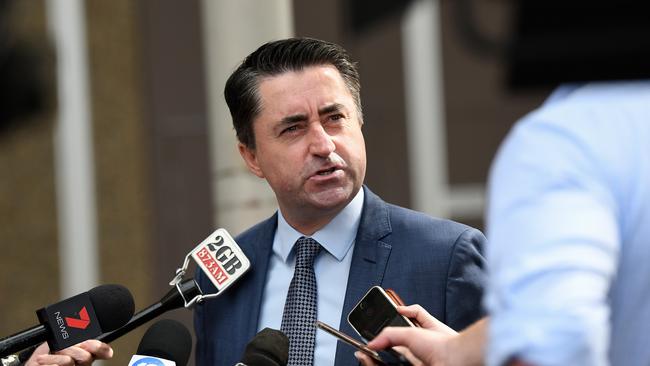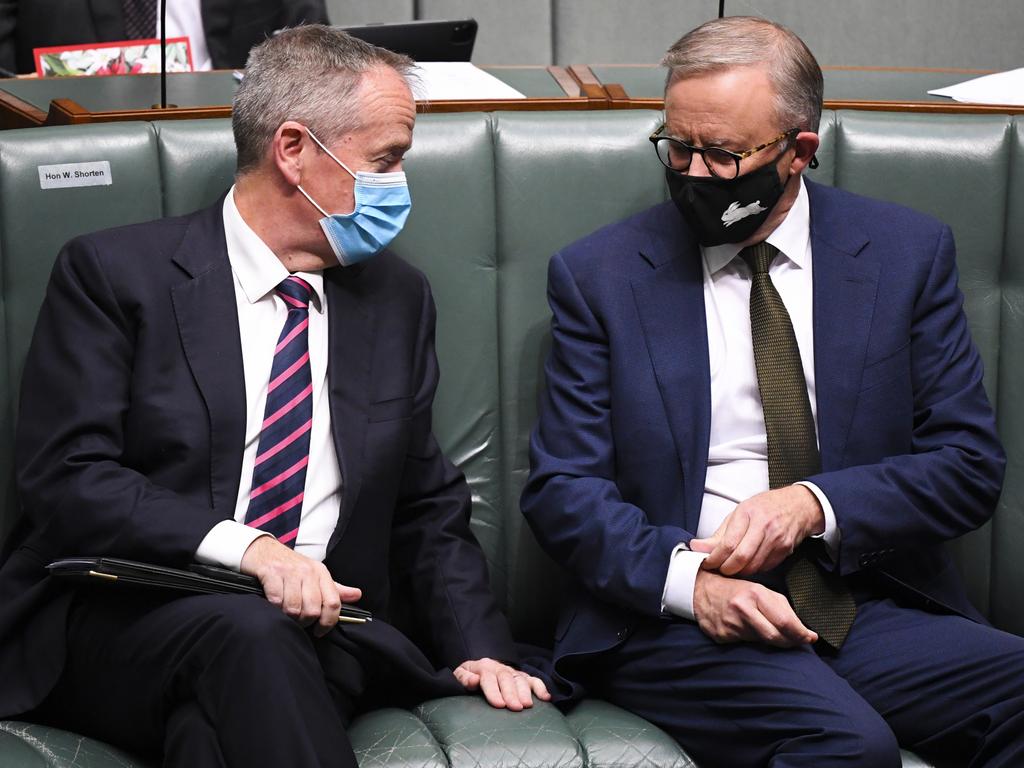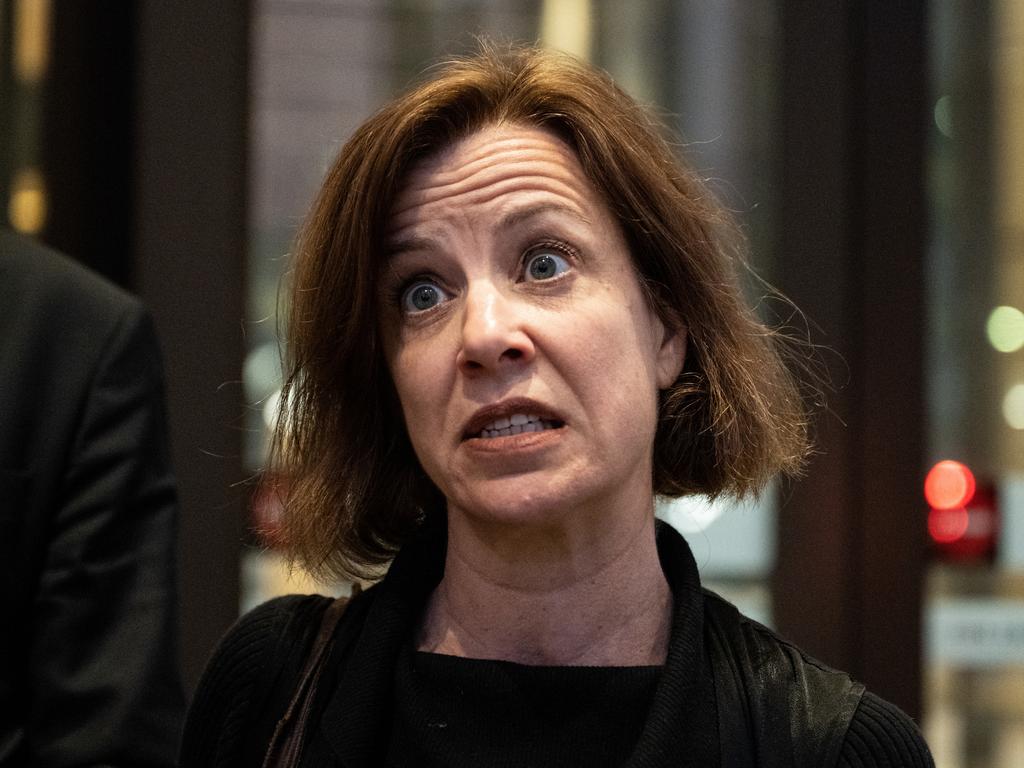Another year of ABC bias is not to be celebrated
On any objective analysis, the ABC has had an annus horribilis, but you wouldn’t know it listening to the message coming out of HQ.

On any objective analysis, the ABC experienced a difficult 2021. However, you would not know this by listening to the message coming out of ABC’s headquarters in inner-city Ultimo or its Melbourne Southbank office.
No senior ABC executive or journalist has challenged the description of the taxpayer funded public broadcaster as a conservative-free-zone without one conservative presenter, producer or editor for any of its prominent television, radio or online outlets. If such a person exists, not one has been identified.
On December 1, Gaven Morris (who recently stepped down as ABC’s head of news and current affairs) addressed the Melbourne Press Club. His speech was reported in The Guardian Australia. Morris said the ABC was setting the standard for reflecting the full diversity of modern Australia in both its workforce and content.
Morris added that “the ABC has made more progress here in the past five years than we made in the 50 years before”. He pointed to the prominent roles within the ABC currently held by Indigenous Australians Bridget Brennan, Stan Grant and Isabella Higgins and referred to the important role at the ABC of some Australians with disabilities.
That’s all well and good – if a somewhat belated move for the organisation that has been lecturing others about the importance of diversity in the workplace for decades. But when senior ABC managers talk about diversity, they seldom ever recognise political diversity.
Prior to addressing the Melbourne Press Club, Morris was interviewed by the Melbourne author and journalist Margaret Simons for Inside Story. In an article published on November 12, Morris revealed one concern about the contemporary ABC. Just one – but an important issue. Morris told Simons that he worried whether the ABC was in touch with the breadth of experience and views of Australians. He referred to working-class people and people most journalists have never met. And he wondered whether the ABC reflected the views of the 30 per cent of Australians who voted no in the marriage equality plebiscite (in fact, it was 38 per cent).

Morris added: “I’m not talking about religious zealots. I’m talking about genuine Australians who have a point of view that’s different to the 70 per cent. Are we at least making sure that is reflected? I don’t necessarily think we struck that right.”
If you add what Morris told Simons were the 30 per cent of Australians who opposed same-sex marriage and with whom the ABC was out of touch to the unidentified per cent of Australians whom he referred to as working class, this would bring the total percentage to about 50 per cent. This does not cover all political conservatives – some of whom do not fit into either category.
So there you go. Morris told Simons that the ABC is out of touch with at least half of the Australian population. But, soon after, he boasted to the Melbourne Press Club that the ABC had never been as diverse as it was under his watch.
About 90 per cent of complaints about the ABC (perhaps more) relate to about 10 per cent of its programs (perhaps less). There is widespread support in the Australian community for the public broadcaster’s coverage of arts and entertainment, local news (including emergencies), sport and the like. But there is substantial criticism of some of the ABC’s news and current affairs programming, including documentaries.
The ABC’s reflex response to such criticism, however considered, is to throw the switch to denial and refuse to correct errors. This is accentuated by increasingly unprofessional journalism whereby allegations are run on important programs without evidence and without fact-checking. A few examples illustrate the point.
In mid-2018, the ABC TV Four Corners program ran an expensive three-part series, presented by Sarah Ferguson, titled Trump/Russia. Despite no evidence, it promoted the conspiracy theory that then president Donald Trump had sought the support of Vladimir Putin in Russia to win the US 2016 presidential election.
In short, Ferguson used the “Steele Dossier”, compiled by former MI6 operative Christopher Steele, to allege that Trump had been compromised while in Russia. In 2021, the Steele Dossier was comprehensively discredited. But Four Corners has not corrected Ferguson’s flawed reports.
In 2021, the ABC TV Ms Represented series, presented by Annabel Crabb, ran allegations of improper behaviour in Parliament House by former Liberal Party senator Cory Bernardi and former Labor Party minister John Dawkins. Neither Bernardi nor Dawkins was asked to respond to the allegations before they were aired – despite the fact that they were not supported by evidence.
Louise Milligan made evidence-free assertions with respect to the then Coalition attorney-general Christian Porter in 2021. In its response, the ABC acknowledged that the allegations had been made despite the fact that they never met either the criminal (beyond reasonable doubt) or civil (on the balance of probabilities) standard of proof.
The same is true of the program Exposed, presented by Caro Meldrum-Hanna, which implied that former NSW Labor premier Neville Wran was somehow involved in the 1979 Luna Park fire that killed seven people (including six children). No evidence was presented to establish so serious an assertion. An independent inquiry set up by the ABC board found flaws in the program but Morris said that the ABC stood by Exposed.
Meanwhile, ABC presenter Virginia Trioli has complained that leading Coalition ministers will not come on such programs as Q+A. Why would they bother, since they are invariably met with hostile panellists urged on (when lockdowns allow) by a hostile audience? But such programs do not work without balance.
It is some time since the ABC has faced such considered criticism. Yet Morris, then the second most important figure in ABC management, told the Melbourne Press Club early this month that 2021 was an annus mirabilis for the public broadcaster. Can You Bear It?
Gerard Henderson is executive director of the Sydney Institute.







When the Queen had a bad 1992, she used the words “annus horribilis” to describe her fate. It was a year that saw the separation of Prince Charles and Diana, Princess of Wales, the devastating fire at Windsor Castle, and more besides.